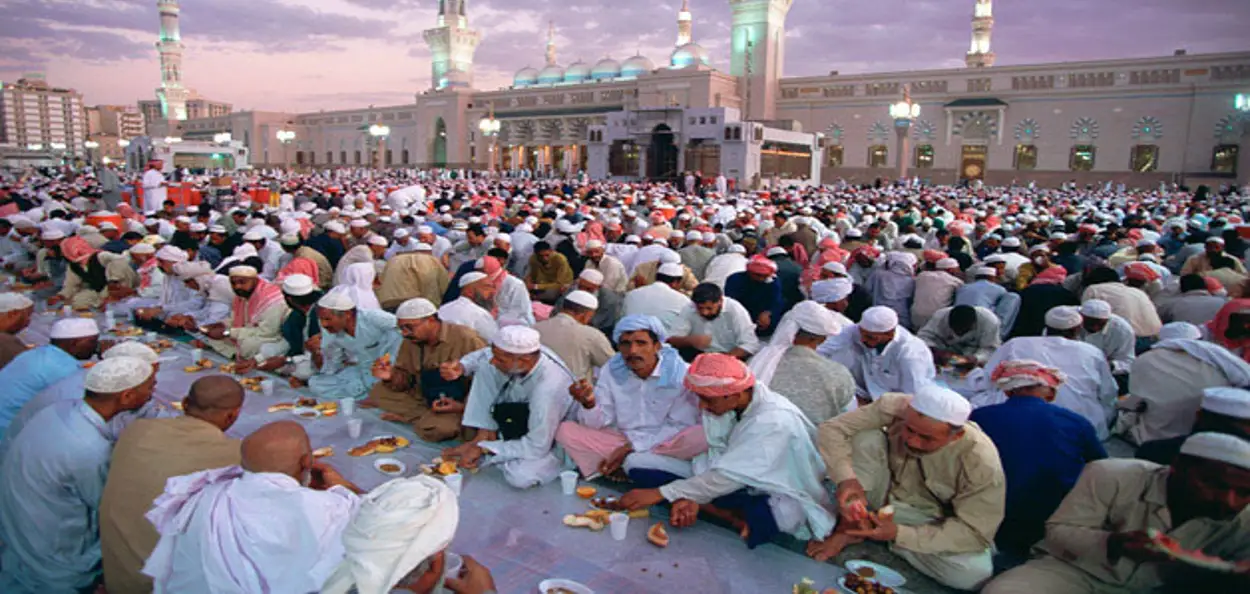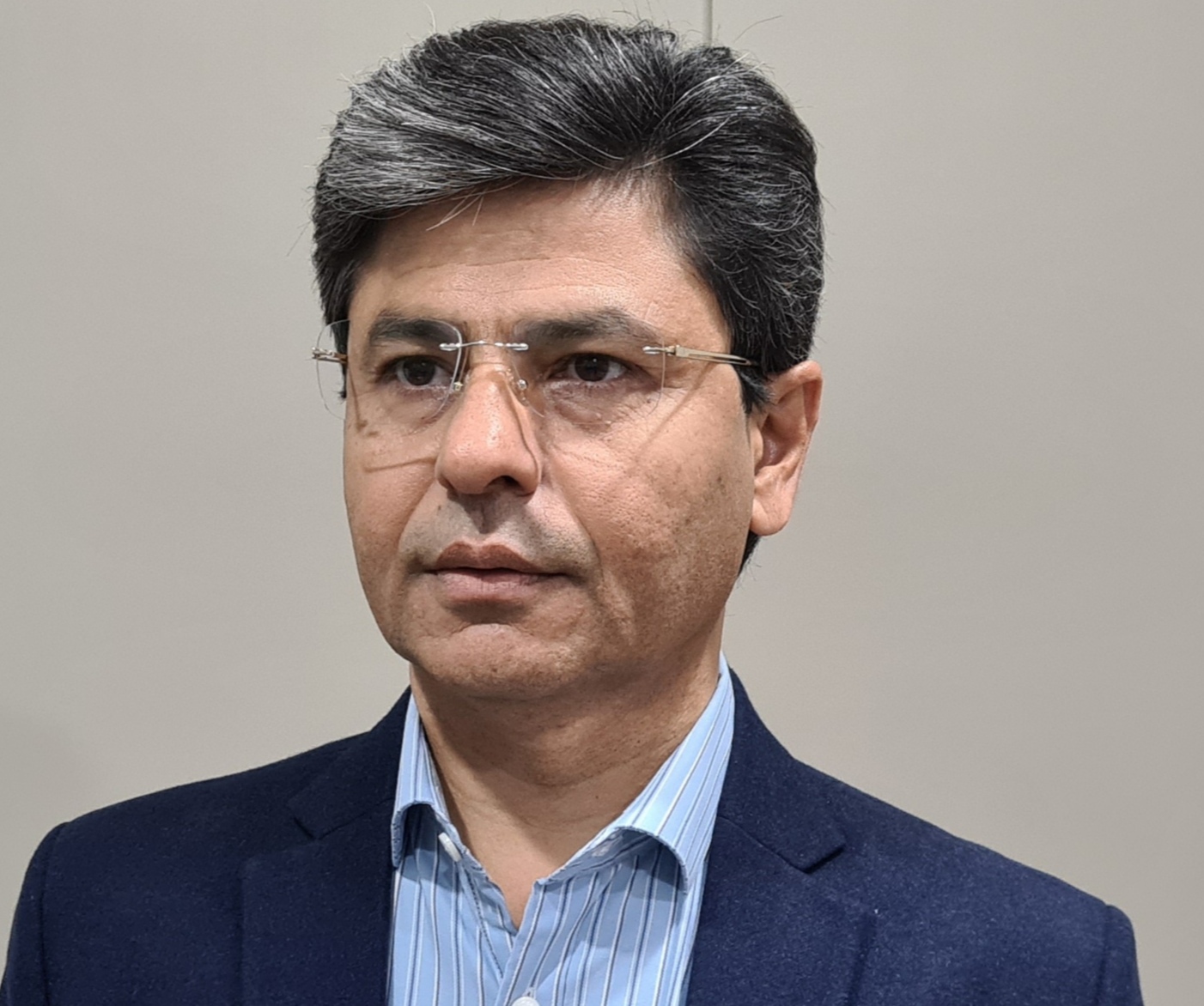
 Atir Khan
Atir Khan
It would be in the interest of humanity that both Ulema and Muslim thinkers learn to appreciate each other’s views for the provision of Ijtihad to work effectively. The inherent provision of Ijtihad in Islam is crucial to make Indian Muslims a progressive community.
A convergence of the two thought systems of Ulema and Muslim thinkers could lead to an effective practice of Ijtihad in India. But for that to happen, Ulema, Muslim thinkers, and intellectuals must learn to work in tandem. Rather than working in separate compartments.
More than ever before Muslims are realizing the urgent need for both these groups to come together for the greater good. If this happens then Muslim societies will be able to adjust to the changing times.
However, the problem is traditionally both streams of thought have run parallel. Historically too there has been hardly any convergence in their views, there has always been a conflict between liberals and the purists.
In the 10th century, Islamic world Asharites’(purists)ideas were conflicting with Mutazilities (liberals). Later Asharites prevailed and the scope of Ijtihad narrowed down, especially after Imam Ghazali.
In India there have been efforts to practice Ijtihad, even today Islamic Fiqh Academy, Delhi, Mabahis Fiqhiah Deoband, Sharia Council, and Jamat-Islami are three major centers, where deliberations on Ijtihad take place in a focused manner on matters related to society and economy, insurance, investment in share markets, surgery, and zakat.
The problem is that all these institutes work in isolation in their shells and do not get any effective validity for the solutions they offer for the problems of the day.
There are three major reasons for this. First, all such institutes work separately in silos and not under any single umbrella body. Second, they do not get support from Muslim intellectuals and thinkers. Third, they do not have any support from the civil society or the government.
Since Indian Independence successive governments have dealt with Ulema and Muslim intellectuals separately. Ulema were expected to run madrasas and Muslim thinkers/scientists rose to the position of Presidents and Cabinet ministers of India. No politician or political party had the vision to use both resources for nation-building in conjunction.
In India, Ulema and intellectuals have always undermined each other. Ulema even opposed the idea of Sir Syed Ahmed when he laid the foundation for a modern educational institute for Muslims in Aligarh. Similarly, Indian Muslim intellectuals have been dismissive of the sensibilities of the ulema.
This approach has caused immense damage to the Indian Muslim society, intellectually, socially, and economically. It is due to this conflict between the two that Muslims living in modern societies have been unable to adjust to the diverse thought systems prevalent in the country.
Ulema consider the ideas of Muslim thinkers, intellectuals, and scientists in conflict with the teachings of Islam. Similarly Muslim thinkers tend to assume they have no audience among the Ulema, so just let them be as they are. Therefore, the scope of their conversation and discussions for the convergence of ideas has not been explored. They could not play a complementary role.
Their compartmentalization ensured that Ijtihad could not be institutionalized and largely the Indian Muslim society has been ossified in time. This is unlike countries like Indonesia, Malaysia, and Saudi Arabia, where the provisions of Ijtihad were given due weightage.
ALSO READ: Irresponsible YouTube dawah is dangerous
That is the reason despite having world-renowned modern educational institutes like Aligarh Muslim University, we to this day have Ulema, which opposes learning subjects other than Urdu and Arabic in the madrasas
